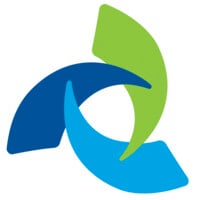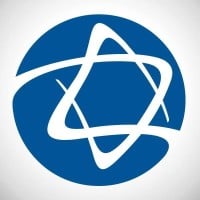
Lehigh Valley Health Network
Lehigh Valley Health Network (LVHN) is proudly part of Jefferson Health, forming a leading integrated academic health care delivery system. With 65,000 colleagues, 32 hospitals and over 700 sites of care across the Lehigh Valley, northeastern Pennsylvania, Delaware Valley and southern New Jersey. LVHN’s mission is to heal, comfort and care for our community by providing advanced and compassionate health care, supported by education and clinical research. LVHN's rich history, spanning over 125 years, is rooted in a commitment to exceptional care and innovation. Our values—compassion, integrity, collaboration and excellence—guide us in delivering superior health care every day. LVHN’s Social Engagement Policy: The mission of LVHN’s social channels is to inspire, engage and inform our community about our services and to help you live a healthier life. We encourage healthy and productive conversation and welcome a diversity of opinions. However, we do not tolerate harassment, disparaging comments, profanity, libelous statements, malicious misinformation, political campaigning, spamming, solicitation, racism, hate speech or any other inappropriate behavior. We reserve the right to remove comments and ban users who participate in unproductive or harmful activities. Our goal is to maintain a respectful and supportive environment for everyone.






